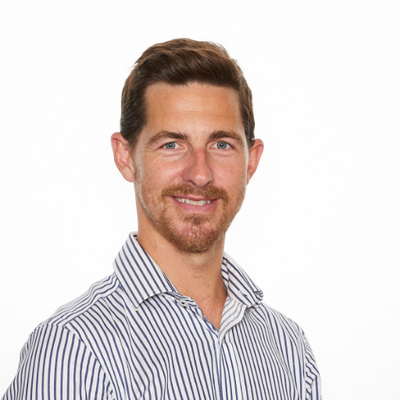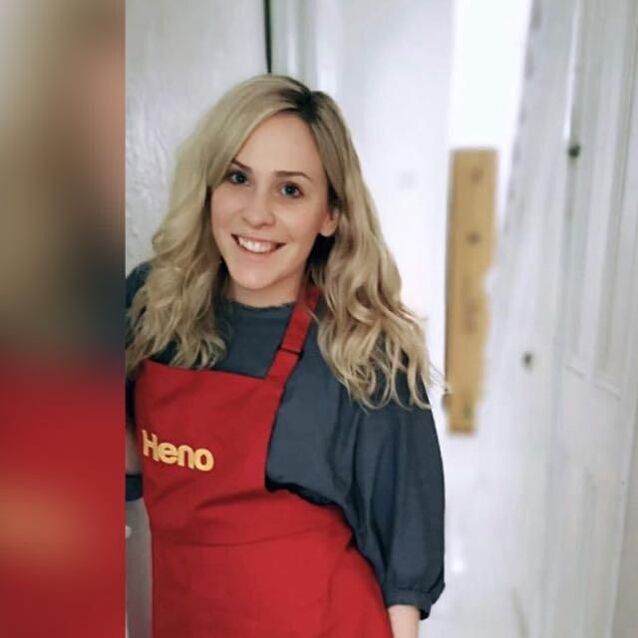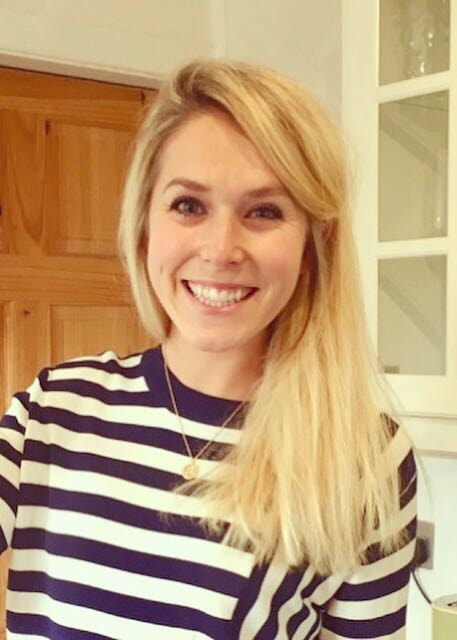|
Dr Tom Cromarty Editor Interests: Paediatric Emergency Medicine, Medical Engagement and Leadership, Simulation, Quality Improvement, Research Twitter: @Tomcromarty |
Welsh Research and Education Network
WREN BlogHot topics in research and medical education, in Wales and beyond
Dr Celyn Kenny Editor Interests: Neonates, Neurodevelopment, Sepsis, Media and Broadcasting Twitter: @Celynkenny |
|
Dr Davide Paccagnella ST3 WREN study days are best described as a regular opportunity to do exactly what we are all about: meet, make friends, network, and learn from each other. If you are new to Paediatric Training, or have recently moved to Wales, they happen twice a year and are an essential component of the work we do.
This autumn, we had some excellent speakers. Making a start was John Watkins, statistician working at Cardiff University and well-known in the world of medical statistics. It would be unfair to say that he taught us the “basics”, as I found myself reading up on quite a few statistic-related topics over the following days. What he managed to give us, however, was a very thorough overview beginning from the core elements of data analysis, all the way up to statistical tests and multivariate linear regression. In a word, intense! I cannot recall having been taught “Statistics” in a 2-hour session when I was at university. And it was not always easy to keep up, but my neurons enjoyed the early morning stimulation! Next up, it was time to hear updates from ongoing projects around Wales. There is truly no limit as to what can be achieved if you put your mind to it. Multicentre trials have recently been completed in cooperation with PRAM (Paediatric Research Across the Midlands) and PENTRAIN (Peninsula Trainee Research Audit and Improvement Network). Details are on our website, and you can have a look to see what other trainees are up to elsewhere in the country – www.wrenpaediatrics.com;www.pramnetwork.com; www.pentrain.org.uk– exciting projects, trainee-led, getting national and international recognition! Following on from this, Alex Richards, Cardiff University Paediatric Society (CUPS) president, introduced a new project – called WORLD CUPS (Working Paediatricians Overseeing Research Led and Delivered by CUPS). This is based on the idea paediatric professionals can request help from interested students, and vice-versa. Jordan Evans, ST8 Paediatric trainee, is the CUPS liaison and has already got multiple projects going. Involving students in research is vital, and I wish my medical school offered me anything that was even remotely similar! Interestingly, the Welsh National Student Paediatric Society Conference will take place on Saturday 1st February 2020 at the University Hospital of Wales, Cardiff. Paediatric professionals are needed to share experiences with students, and promote our specialties! What better chance to meet people and network? Have a look at https://www.facebook.com/events/788342174927002/ New projects and ideas are coming up all the time. And the potential to transform your idea into a multi-centre trial is always there. If you attended the study day, you might have heard about some of these projects. The best way to get involved, if you have a new idea, or data you have already collected, is to speak to like-minded people and get the ball rolling. We can help with that, especially if you are struggling to find enough people to take your project on at a local level. To close off the day, we had the privilege to have two great lecturers. Firstly, Dr Martin Edwards, Consultant Paediatrician at UHW, provided us with a practical guide to systematic reviews and meta analyses. Personally, I came to the realisation that performing a systematic review does not have to be regarded as a complex, unachievable task. Certainly, it requires patience, and knowledge of how to research and analyse evidence. But it did not discourage me from thinking that yes, it could be done. Just think how often we, as clinicians, base our decisions on evidence from meta-analyses – all the time, I would say. It is therefore imperative that we develop a good understanding of how it all works, and contribute to this essential area of research. Last but not least, Dr Ian Wacogne, the edition editor of Archives of Disease in Childhood – Education and Practice, and consultant paediatrician in Birmingham, very kindly visited us in Bridgend for the afternoon. He talked to us about “how to write”. And what a talk it was! Firstly, he engaged us all in an honest discussion about the type of readers we thought we were. So think about it: are you a systematic reader (do you read in a structured, organised manner)? Or perhaps you are a “just in time” reader (if you manage to extract the information you need at the last minute); you could also be an “on the bus” reader, and enjoy taking in small amounts of information at a time. When we write, it’s good to know who we are writing for – what is our target audience? Most importantly, do we have anything interesting to say, and would we enjoy reading what we wrote? Those of you familiar with the journal edited by Dr Wacogne will know that it can be a pleasant read in a number of different situations, and that it has something for everyone. So why not write? Submitting an article can seem daunting but there is plenty of guidance on https://authors.bmj.com/ In conclusion, I hope I have convinced you to attend the next WREN study day, which will take place on 19thMay 2020!
1 Comment
|
Editors
Dr Annabel Greenwood Categories
All
|






 RSS Feed
RSS Feed
